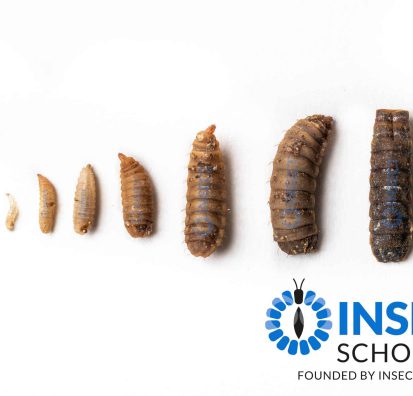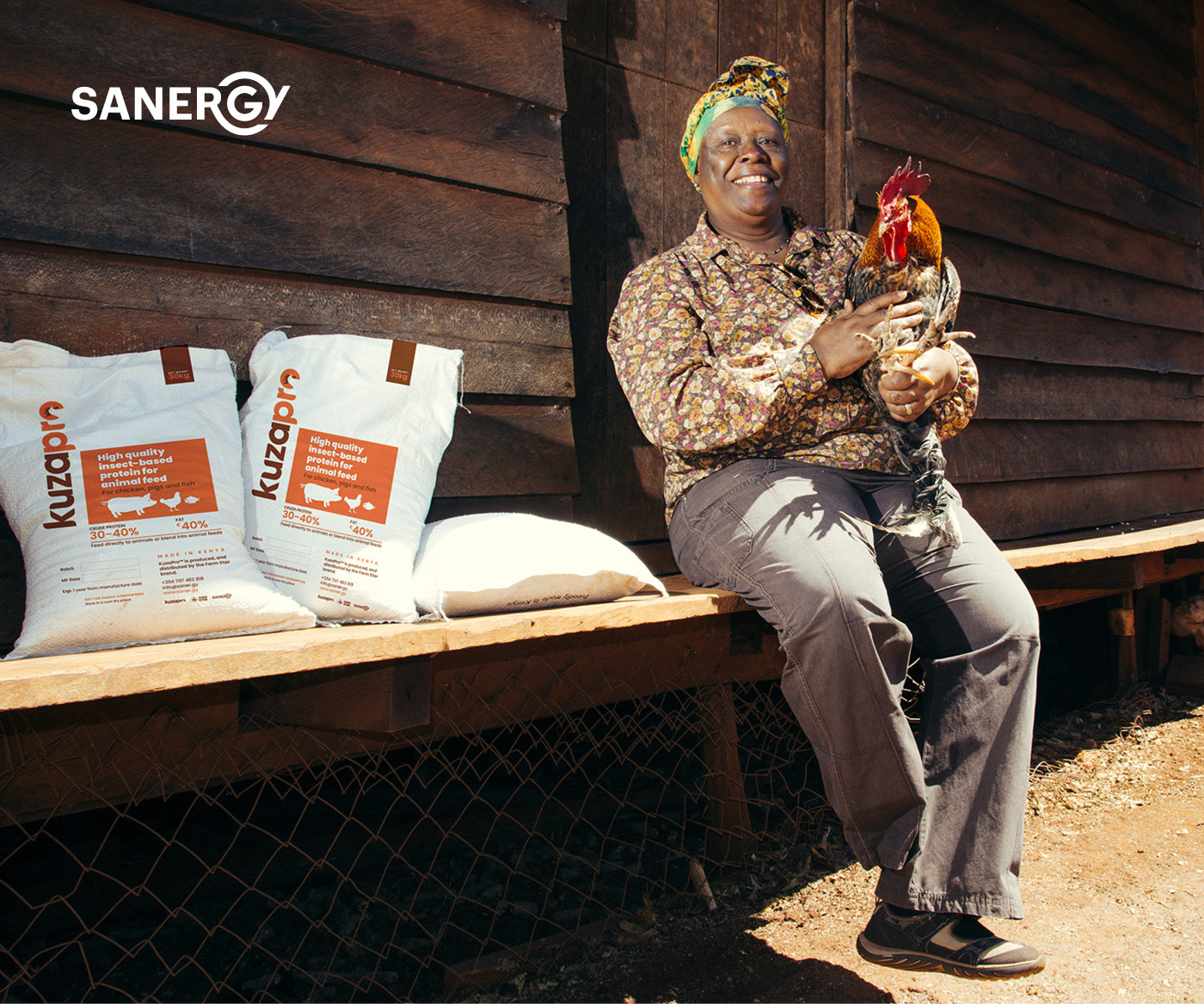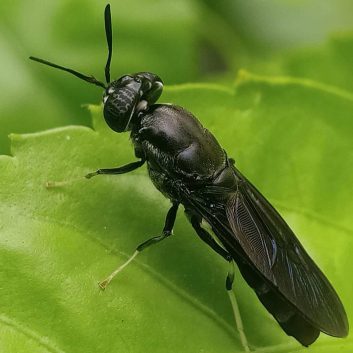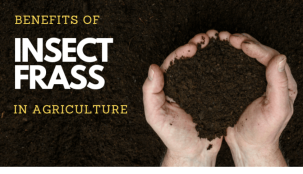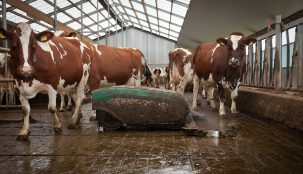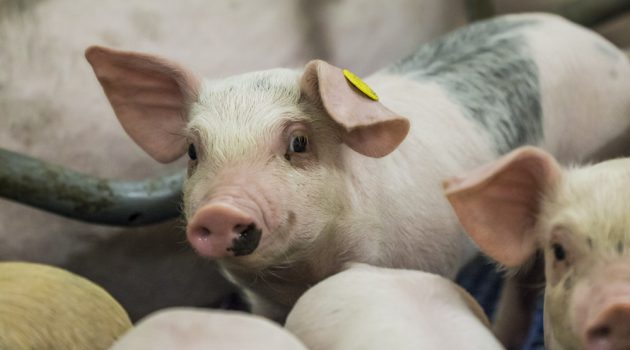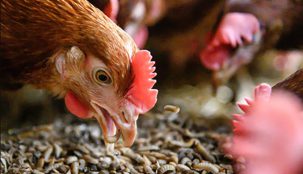BSFL: Comparing Sustainable Protein Sources
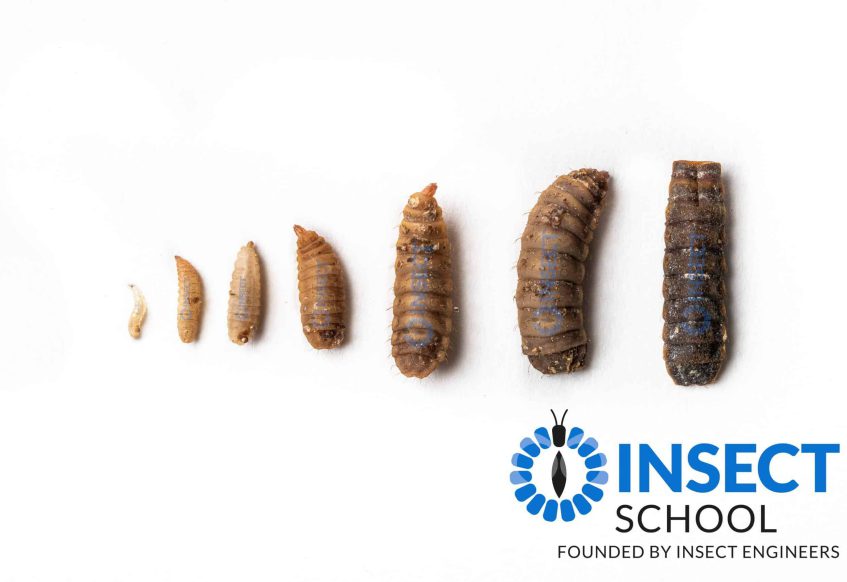
BSFL vs Other Insects: Which is the Best Sustainable Protein Source?
In recent years, sustainability has become a key concern in many aspects of life. As the world population continues to grow, the need for sustainable food sources is greater than ever before. Black soldier fly larvae (BSFL) are considered as a sustainable source of protein. In this blog post, we will explore the potential of Black soldier fly larvae as a sustainable protein source, by comparing them to other edible insects.
BSFL: A Sustainable Protein Source
BSFL are a species of fly that have a wide variety of uses, including as a source of protein for humans, animals, and fish. One of the main benefits of BSFL as a source of protein is that they are highly efficient at converting organic waste into edible material. This makes them a much more efficient source of protein than traditional livestock, which require much larger amounts of feed and produce enormous amounts of waste.
Furthermore, BSFL require very few inputs compared to other sources of protein. They can be easily bred in small spaces, with no need for large-scale farming operations. They also require little land, water, or other resources, making them an ideal choice for sustainable protein production.
Comparing BSFL to Other Insects
Although BSFL are an excellent source of sustainable protein, they are not the only edible insect available. Other edible insects, such as crickets, mealworms, and grasshoppers, have also been gaining popularity in recent years.
Crickets are one of the most widely consumed edible insects, and they are a great source of protein. However, they require more land and resources than BSFL, and they cannot convert organic waste as efficiently.
Mealworms are another type of edible insect that is gaining popularity. Like crickets, they are an excellent source of protein, but they are not as efficient at converting organic waste.
Finally, grasshoppers are another type of edible insect that is becoming increasingly popular. Like crickets and mealworms, they are an excellent source of protein, but they require more land and resources than BSFL.
Benefits of BSFL as a Sustainable Protein Source
There are several potential benefits to incorporating BSFL into our diets as a sustainable protein source. Here are just a few:
- Sustainable and Environmentally Friendly: As mentioned, BSFL can be farmed using food waste, which is a more sustainable and environmentally friendly approach than the feed used to farm other livestock. Additionally, farming BSFL produces significantly fewer greenhouse gas emissions than traditional livestock farming.
- High Nutritional Value: BSFL are a reliable source of protein, as well as other important nutrients such as calcium and iron. Furthermore, owing to their elevated fat content, they are used to produce a variety of feeds.
- Cost-Effective: Because BSFL can be farmed using food waste, they can be produced relatively cheaply. Additionally, because they have a high protein content, they can be used as a more cost-effective alternative to traditional protein sources.
- Versatile: BSFL can be used in a variety of products, including animal feed, pet food, and even human food. They can be used as a protein source in protein bars, powders, and other food products.
Challenges and Considerations
While BSFL show promise as a sustainable protein source, there are still some challenges and considerations to keep in mind.
One challenge is the regulatory landscape. In many countries, insects are not yet approved for human consumption, which could limit the potential market for BSFL as a food source.
Another consideration is the potential for allergic reactions. While allergies to Black soldier fly larvae are rare, there is still a risk for those with shellfish allergies, as BSFL contain chitin, which is also found in shellfish.
Finally, there is also a psychological barrier to overcome when it comes to eating insects. Many people in Western countries are not accustomed to eating insects and may be hesitant to try them as a protein source.
Conclusion
Even though there are still challenges and considerations to keep in mind, including regulatory barriers, the potential for allergic reactions, and the psychological barrier to eating insects, Black Soldier Fly larvae are an excellent source of sustainable protein. They are highly efficient at converting organic waste into edible material, and they require very few resources compared to other sources of protein. Additionally, they have a range of potential benefits, including their sustainability, high nutritional value, cost-effectiveness, and versatility.
